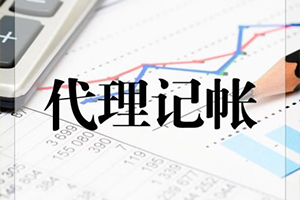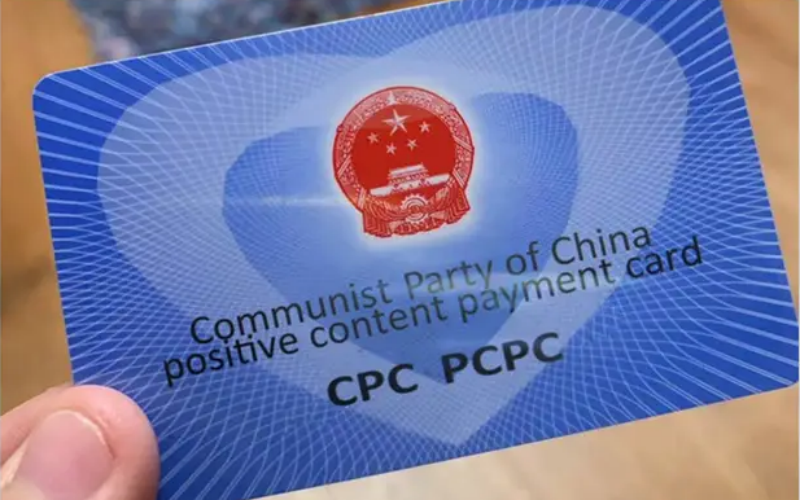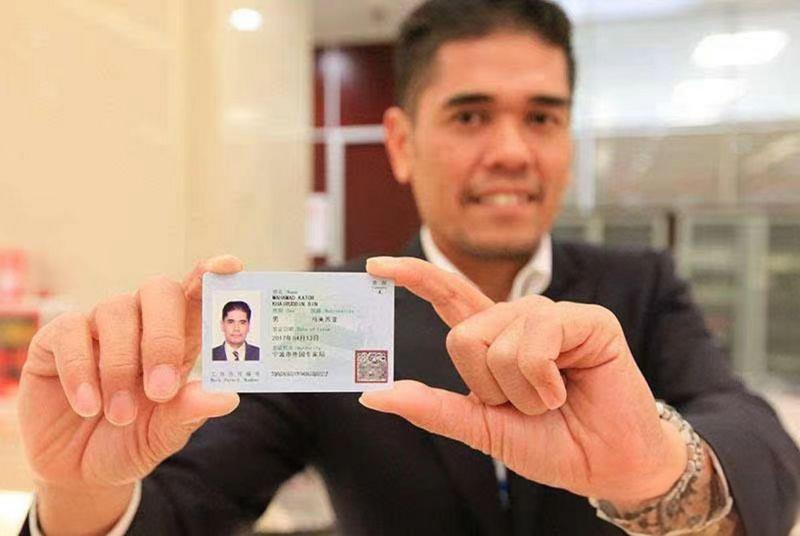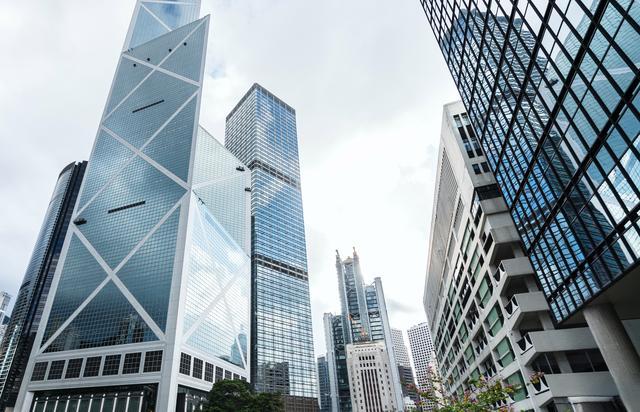I applaud the latest round of stimulation of the housing market announced last week.The Hong Kong Monetary Authority relaxed the loan-to-value ratio, raising it by 10 percent for both residential and nonresidential properties, with the exception of residential properties for self-occupation valued at more than HK$30 million ($3.8 million), for which the loan-to-value ratio will remain unchanged at 50 percent.
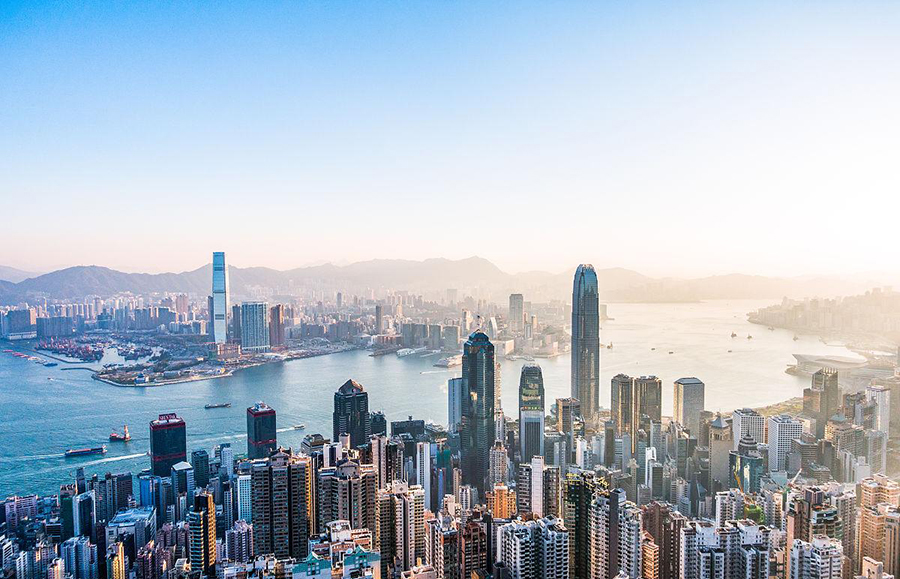 The housing market in the first four months of this year has shown clear signs of recovery.The Centa-City Leading (CCL) Index, which is widely used for its immediacy, rose from 157.22 at the time Hong Kong resumed normal travel with the Chinese mainland in January to a recent peak of 168.4 in April.Since then the CCL has been moving sideways.While a continued rebound in housing prices could be worrying because that would undermine affordability, the recent slack in housing market turnover is even more worrying.It was reported that for 10 consecutive weeks, turnover in the 10 leading private housing estates stagnated in single-digit levels.Moreover, the CCL figure fell 1 percent over the last week, and all the eight sub-indices showed a decline.
The housing market in the first four months of this year has shown clear signs of recovery.The Centa-City Leading (CCL) Index, which is widely used for its immediacy, rose from 157.22 at the time Hong Kong resumed normal travel with the Chinese mainland in January to a recent peak of 168.4 in April.Since then the CCL has been moving sideways.While a continued rebound in housing prices could be worrying because that would undermine affordability, the recent slack in housing market turnover is even more worrying.It was reported that for 10 consecutive weeks, turnover in the 10 leading private housing estates stagnated in single-digit levels.Moreover, the CCL figure fell 1 percent over the last week, and all the eight sub-indices showed a decline.
Financial Secretary Paul Chan Mo-po told reporters the raising of the loan-to-value ratio was not “a prelude to ease the property cooling measures”.The Special Stamp Duty (SSD) will therefore remain in place to combat speculative activities and dampen investment demand.
If the financial secretary wants to combat speculative activities, the right way is to introduce a capital gains tax, which will not affect homebuyers who buy homes just to live in.The SSD, however, will affect homebuyers.No one wants to be caught in the position of having to pay a punitive SSD simply because, for some reason, he had to sell within three years.The financial secretary may worry about the effect of a capital gains tax on Hong Kong’s status as a financial center.But both the UK and the US have capital gains tax, and this has not affected the status of London or New York City as the world’s top two global financial centers.
The SSD is a transactions tax, and such heavy rates are extremely distorting.More importantly, by reducing the volume of transactions, they not only directly undermine the livelihoods of real estate brokers, but also adversely affect our banking sector and other professional services and many other trades including movers, decorators and renovation workers.I have documented how the SSD has actually made starter homes less affordable because second-hand supplies are grossly reduced.I would invite the special administrative region’s economists to take a look at the statistical evidence to check it out.After the SSD was introduced, and especially after the SSD was stiffened in 2012, “nano-homes” proliferated.That is very sad.Middle-class people have had to pay a very steep price for a tiny living space.This has never happened before.
Some people have pointed to Singapore which recently hiked its buyer stamp duty.However, its equivalent of the SSD had been reduced and remains at a much lower level than that in Hong Kong.The Additional Buyer’s Stamp Duty (ABSD) was doubled from 30 percent to 60 percent for foreigners.But for Singapore citizens, there is no ABSD on the first residential property, and for Singapore permanent residents there was also no change in rate for the first residential property.
The equivalent of Hong Kong’s Special Stamp Duty is also called SSD in Singapore (Seller’s Stamp Duty).On March 11, 2017, it was reduced to 12 percent if the property is resold within one year after purchase, and 8 percent if it is resold between one year and two years after purchase.For homes resold after two to three years, the SSD is only 4 percent.These rates have not been changed and are miniscule compared to Hong Kong’s 20 percent for a property resold within 6 months after purchase, 15 percent if resold from 6 months to one year, and 10 percent if resold after one to three years.
I have no objection to levying a heavy Buyer’s Stamp Duty (BSD) on foreigners who do not live in Hong Kong.But for foreigners who choose to live and work in Hong Kong, I would rather exempt them from an onerous BSD.The chief executive last October permitted nonlocals to get a full refund of the BSD if they remain in Hong Kong for more than seven years and obtain permanent residence.If we are serious about attracting foreign talents, the BSD is obviously counterproductive.I can see why it is important to prevent foreigners coming in and leaving Hong Kong in, say, just a couple of years.I would propose that if this should happen, they would have to pay the BSD on a pro-rata basis.Thus if they stay for two years, they will have to pay two-sevenths of the original BSD due before they can sell.
Because the prospects for Hong Kong’s foreign trade remain rather bleak this year, it is particularly important for us to do what we can to revive the economy.We need a stronger economy in order to come out of the fiscal revenue slump that Hong Kong has faced in the past four years.The government estimated that the consolidated deficit for fiscal year 2022-23 before issuance of government bonds was HK$205.8 billion.With a weak stock market and a sagging housing market, it will be difficult to boost domestic consumption.Doing away with the SSD is an important step that will need to be taken to revive our economy and fiscal strength.
The views do not necessarily reflect those of China Daily.

